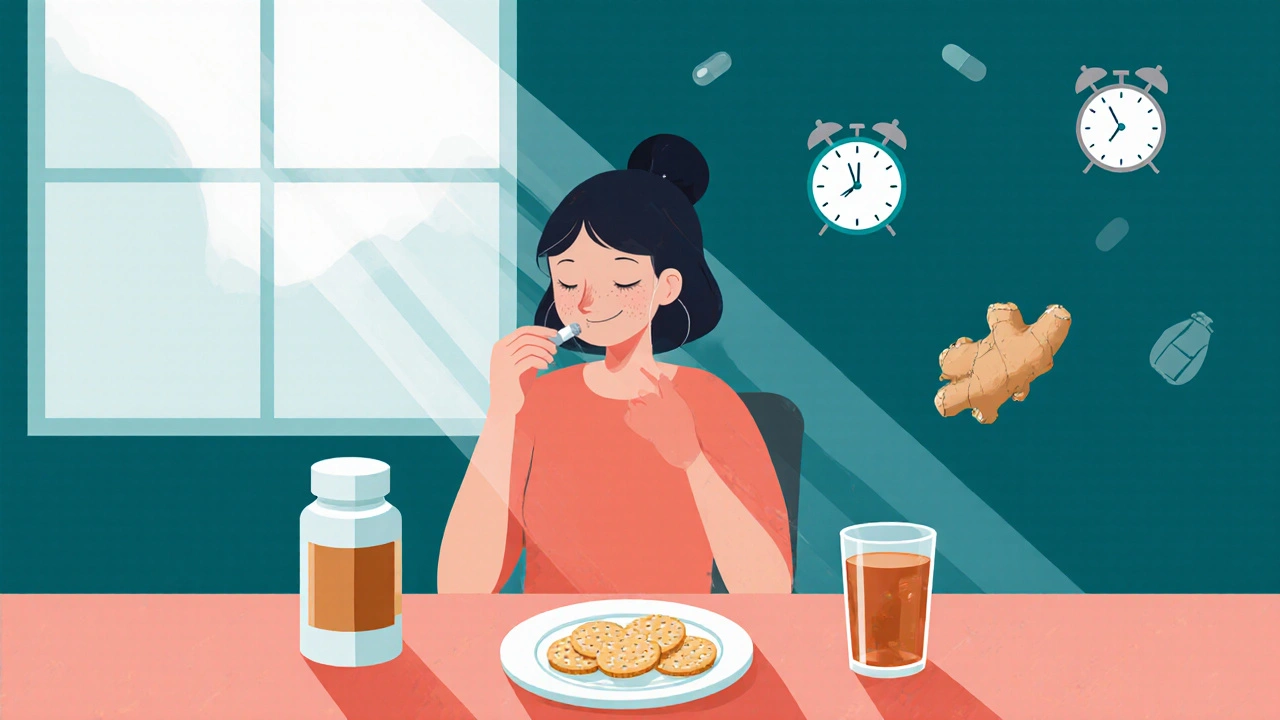Learn practical ways to prevent and relieve nausea and vomiting caused by medications, from food tips to proven antiemetics. Find out what works, what doesn’t, and when to call your doctor.
Nausea Relief: Best Ways to Stop Feeling Sick Fast
When you feel nausea, a persistent urge to vomit that can come from many causes like motion, food poisoning, or pregnancy. Also known as queasiness, it’s not just uncomfortable—it can leave you drained, dehydrated, and unable to function. Nausea isn’t a disease itself, but a signal that something’s off in your body, and knowing how to manage it matters more than you think.
Common triggers include motion sickness, the dizziness and queasiness you get in cars, boats, or planes, pregnancy, especially during the first trimester when hormones shift, and gastrointestinal bugs, like stomach flu or food poisoning that upset your digestion. Even medications, anxiety, or strong smells can set it off. What helps one person might do nothing for another, which is why having a few solid options matters. Simple things like ginger, peppermint, or even just sitting still in a cool room can make a real difference. Over-the-counter options like dimenhydrinate or meclizine are widely used for motion-related nausea, while antiemetics like ondansetron are prescribed for more severe cases—like chemo or post-surgery nausea.
You don’t need fancy tools or expensive pills to find relief. Many people swear by ginger tea, peppermint oil sniffed from a cloth, or even acupressure wristbands. Staying hydrated with small sips of water or electrolyte drinks helps prevent dehydration, which makes nausea worse. Avoid heavy, greasy meals. Instead, try bland snacks like crackers or toast. If nausea sticks around for days, comes with fever, severe pain, or you can’t keep fluids down, that’s a sign to see a doctor—it could point to something deeper like an infection, inner ear issue, or even a neurological problem.
The posts below cover real-world strategies and medications used to tackle nausea in different situations—from pregnancy and chemotherapy to motion sickness and post-op recovery. You’ll find comparisons of common remedies, tips for avoiding triggers, and what works best when nothing else does. Whether you’re dealing with morning sickness, a bad stomach bug, or just feel off after a long drive, there’s something here that can help you feel better fast.

